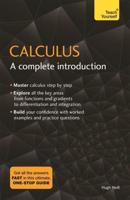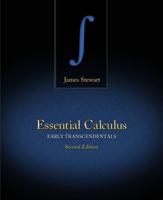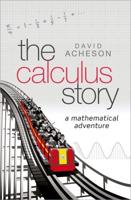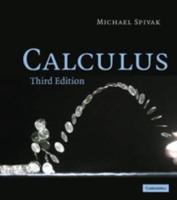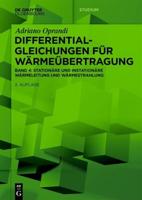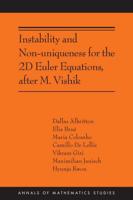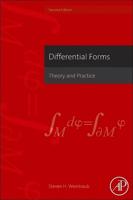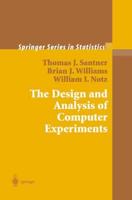Publisher's Synopsis
Teach yourself ordinary differential equations in a fraction of the time most courses take! The shortest distance between two points is a straight line (unless you are on a curved surface). This book is intended to provide the shortest path to an understanding of introductory ordinary differential equations (ODE); however, such a shortcut requires more than the shortest possible book. In recent years the understanding of how people learn has improved dramatically. Out of this enhanced understanding, active learning has emerged as a powerful educational tool. In preparing this book, active learning principles have been applied so that this book is a short path to a solid introductory understanding of ODE. My principle introduction to active learning has been through several seminars by Dr. Barbara J. Millis, Director for Faculty Development at the U.S. Air Force Academy. The active learning features of are book are as follows: The book consists of twenty short sections, called Articles, each of which focuses on a single subject. The conceptual integrity this provides helps the student develop an organizational framework for the material. Within each Article, the material is illustrated with salient examples. Several exercises are provided at the end of each section and all of the answers are provided. This is done to provide the necessary quick reinforcement of learning and to motivate the student by early success. Thus, in keeping with active learning, the student is actively working with the material, reading short articles, working through short examples and exercises, obtaining immediate reinforcement, and gaining increased confidence and mastery. The book is kept short so that the student can be confident that they can "own the subject" in a reasonable span of time. This book is intended for anyone who has had some calculus, at least to the point of being able to differentiate and integrate, and who is motivated to work the examples and exercises. The material covered here grew out of sophomore-level classroom and hybrid courses in differential equations that the author taught at Community College of Aurora in Colorado. The book is divided into three Parts. The first two parts treat first-order and higher-order differential equations, respectively, in the context of solution using in situ methods. By in situ, I mean that the solution is solved in place by some manipulation or substitution but without a major transformation of the problem into another domain. The third part of the book deals with the Laplace transform method of solution of ordinary differential equations. Here the differential equation is transformed into a realm in which many functions become rational functions and in which solution is often easier to accomplish. There are two appendices: The first appendix presents solutions to all exercises and the second is a timeline of differential equations.

